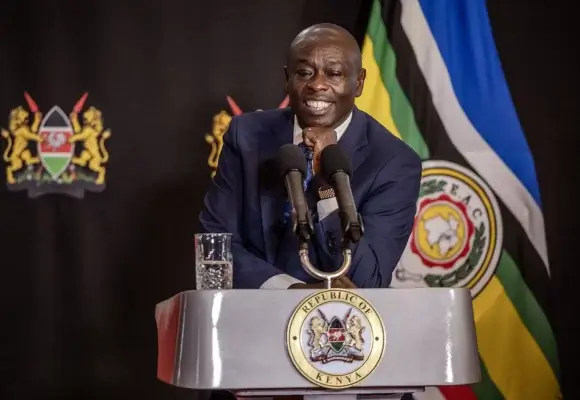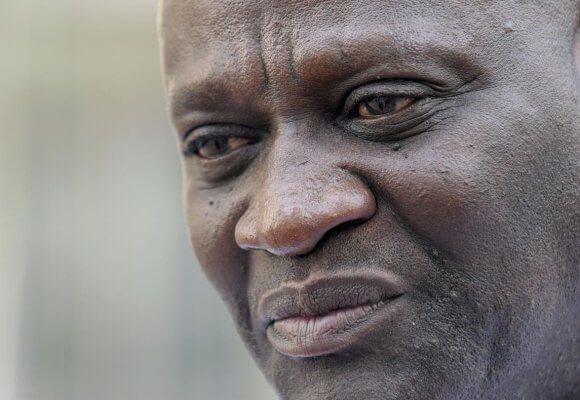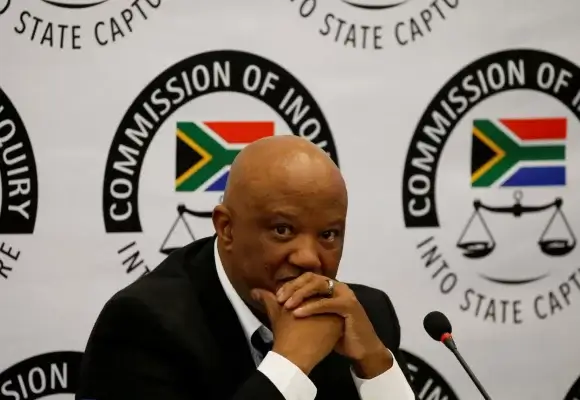|
LISTEN TO THIS THE AFRICANA VOICE ARTICLE NOW
Getting your Trinity Audio player ready...
|
Malawi Stops Passports After Attack, Rejects Ransom
Malawi’s government Thursday suspended issuing passports following a cyberattack on its immigration department’s computer system, with President Lazarus Chakwera declaring it a “serious national security breach.”
Hackers have demanded a ransom, but the president refused to negotiate, stating, “We will not appease criminals with public funds, nor negotiate with those who attack our country.”
This comes amid high demand for passports from young Malawians seeking job opportunities abroad. President Chakwera has mandated a temporary solution within three weeks and a long-term fix with enhanced security.
Previously described as a “technical glitch,” the two-week-long suspension was confirmed as a cyberattack on Wednesday. No details about the hackers or potential data breaches were provided.
Malawians have voiced frustration over delays, noting this isn’t the first disruption. Last year, a passport booklet shortage halted issuance, while 2021 saw a contract termination due to irregularities. Some citizens allege corruption behind the persistent backlog.
Zambia’s Kwacha Shines in Africa
The Zambian kwacha has emerged as Africa’s top-performing currency against the US dollar in 2024, thanks to a combination of central bank tightening and hopes for increased foreign investment.
The kwacha has appreciated by 13.8% this year, reaching 22.8 against the greenback. This turnaround follows a period of depreciation that fueled inflation concerns. To combat this, the Bank of Zambia raised commercial bank reserve ratios and hiked interest rates earlier in February.
“The kwacha’s performance this year has been remarkable,” said Danny Greef, Co-Head of Africa at research firm ETM Analytics. However, analysts caution that sustained strengthening hinges on attracting foreign investment.
Zambia’s ongoing debt restructuring, currently in its fourth year, has been blamed for deterring overseas investment and weakening the currency. Additionally, despite government efforts, copper production – the nation’s primary foreign exchange earner – has declined.
“Our recent measures aim to curb excessive demand, anticipating increased supply, mainly from the mining sector,” explained Bank of Zambia Governor Denny Kalyalya.
While the kwacha has dipped slightly this week, it remains over 20% stronger than its February 6th low of 27.23. Economists predict a stabilization around 21-22 per dollar, but emphasize the need for increased foreign currency inflows for further appreciation.
The government is finalizing deals with new investors for the Mopani and Konkola Copper Mines, while companies like KoBold Metals are exploring and committing to funding new projects.
“To address the imbalance between local and foreign currency liquidity, the government must maintain fiscal consolidation and pursue balance of payments reforms to create an attractive investment environment,” advised Imgard Erasmus, a senior economist at Oxford Economics.











LEAVE A COMMENT
You must be logged in to post a comment.